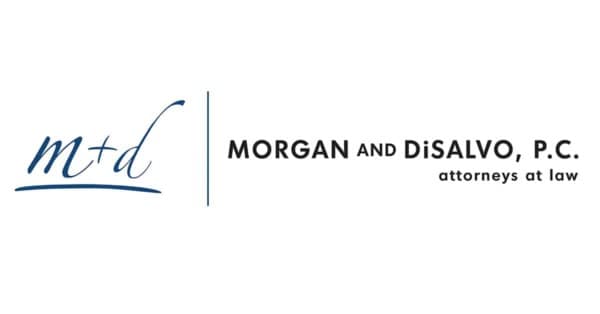If you’re a business owner, you’ve no doubt spent a great deal of time working to build your business. One aspect of business planning that often gets overlooked is the need to plan for the future of the business in the event of the owner’s death or disability and for the impact of estate taxes.
Proper planning can help ensure that adequate liquid assets are available to continue the business’s operations and to pay any estate taxes owed.
Questions to consider
Thinking ahead to what you would like to happen with your business after you are no longer around is a beneficial exercise. Some questions to consider include:
- How do you want your family to benefit from your business?
- Do you expect the business to be sold upon your death, or would you like to see it passed on to future generations?
- Is the proper valuation of your business a concern?
Estate planning for your business
Business succession planning can help ensure that all owners and their families are protected in the event of an owner’s unexpected departure.
If you don’t have an estate plan for your small business, state law may dictate where your business goes, which may be to your spouse and children. You may not feel that your spouse is the best person to carry the business forward, so your estate plan should articulate who should take the reins. Even a business with only one owner should still have a business succession plan in place.
Techniques such as buy-sell or continuation agreements and appropriate insurance can help provide for a smooth resolution of any disputes between joint owners, especially if they do not want to keep working together. Business succession planning and estate planning should work hand-in-hand with buy-sell agreements and other documents.
In the absence of business estate tax planning, an owner’s death may cause an estate tax liability that creates a catastrophe for the business. If you plan to keep the business within the family, you will want to avoid circumstances and tax liabilities that would compel your survivors to sell the business in a post-mortem ‘fire sale.’ Even if you know you want the business to be sold upon your death, you likely want to see your heirs receive maximum value and avoid the risk that it will be liquidated for less than its full value.
The assistance of an experienced estate attorney can help business owners consider both the business and tax issues and any family dynamics involved in business succession planning. At Morgan & DiSalvo, we strive to help our clients develop, implement, and periodically revisit and update their business planning. If we can help you, please call us at 678-720-0750.




